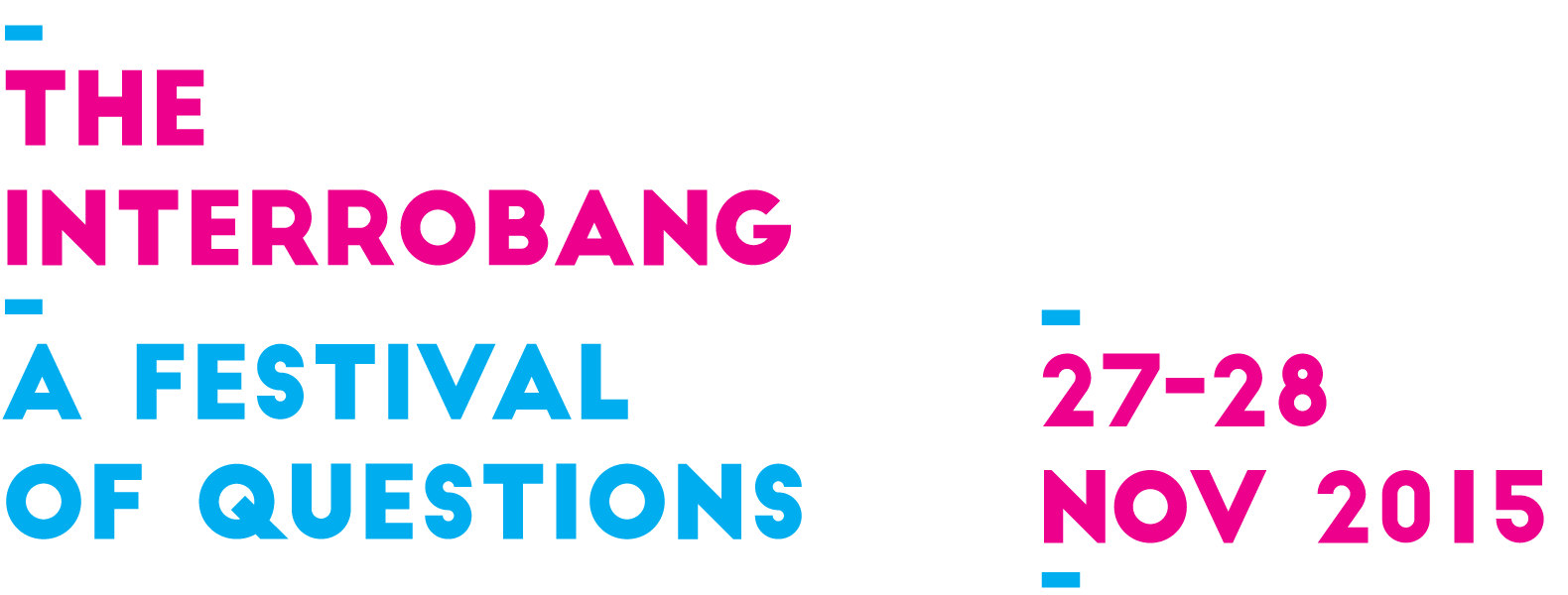In our organisations, do we assume that all people think alike?
I saw graffiti on a wall showing two characters arguing with each other. One said, ‘Question Everything!’ The other said, ‘Why?’
I was introduced to a body of work on cognitive style that highlights 40 years of research on the predictable differences in the way people think. People do not think alike yet can anyone suggest any management strategies in any organisation or in society that recognizes these differences and allows for different styles of thinkers to thrive? I have asked this question for ten years and found just one organisation that shaped approaches for different style of thinkers. The cost to organisations and societies for not recognizing these predicable differences is tremendous. You see it in our cliches. For some, seeing the glass as half full is positive. For others it is negative as you fail to see that the glass as twice the potential. As such, seeing the glass as half empty is positive as you twice the potential. Yet society thinks seeing the glass as half full is seen as positive; it can also be seen as accepting the mediocrity of the status quo.

